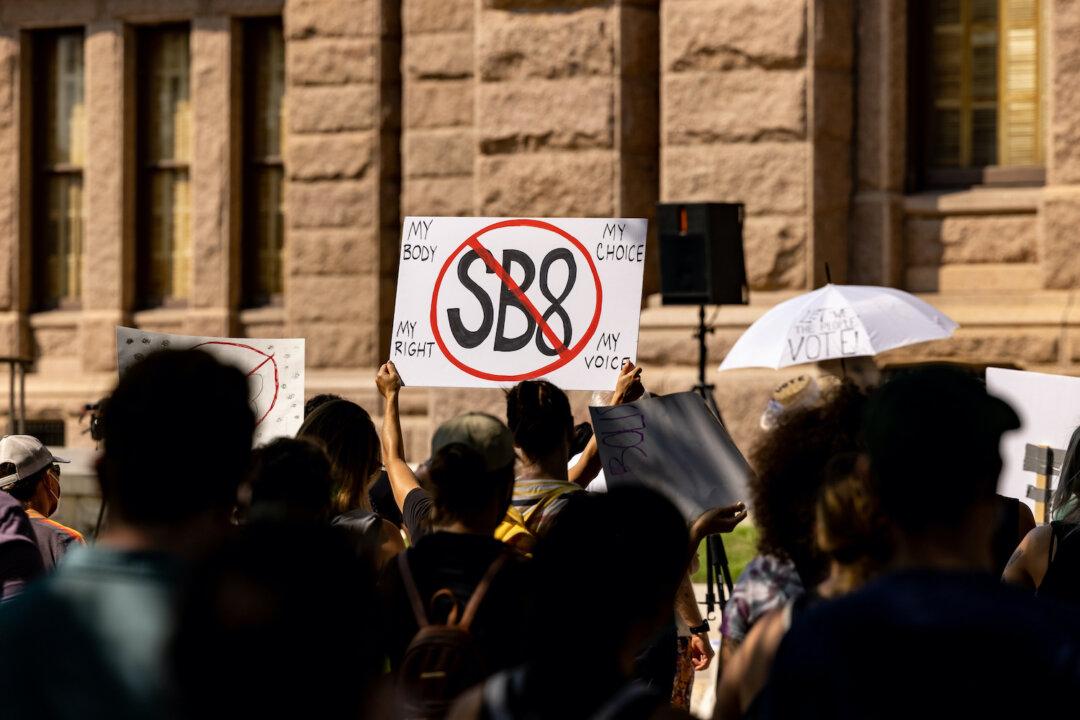The Texas Supreme Court has temporarily blocked a pregnant woman from getting an emergency abortion, a lower court decision in a lawsuit by a pregnant woman seeking a court-authorized abortion, with the move blocking her ability to terminate the pregnancy.
The Texas Supreme Court on Friday temporarily halted a lower court’s decision that granted a pregnant woman the ability to get an emergency court-authorized abortion despite the state’s strict rules against getting one.





